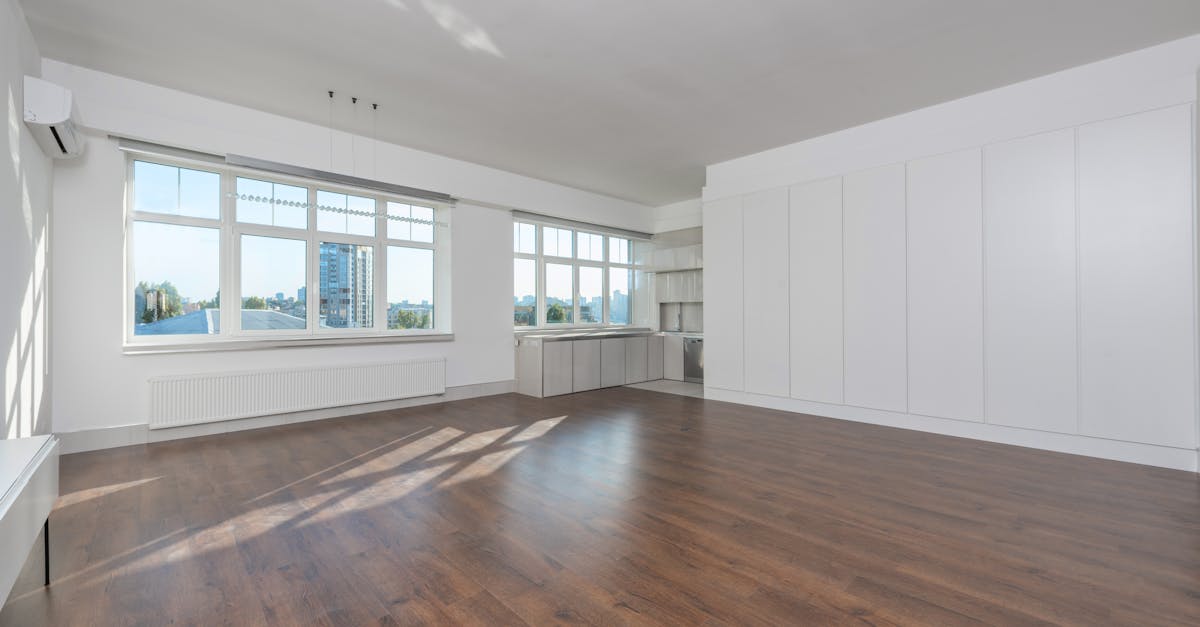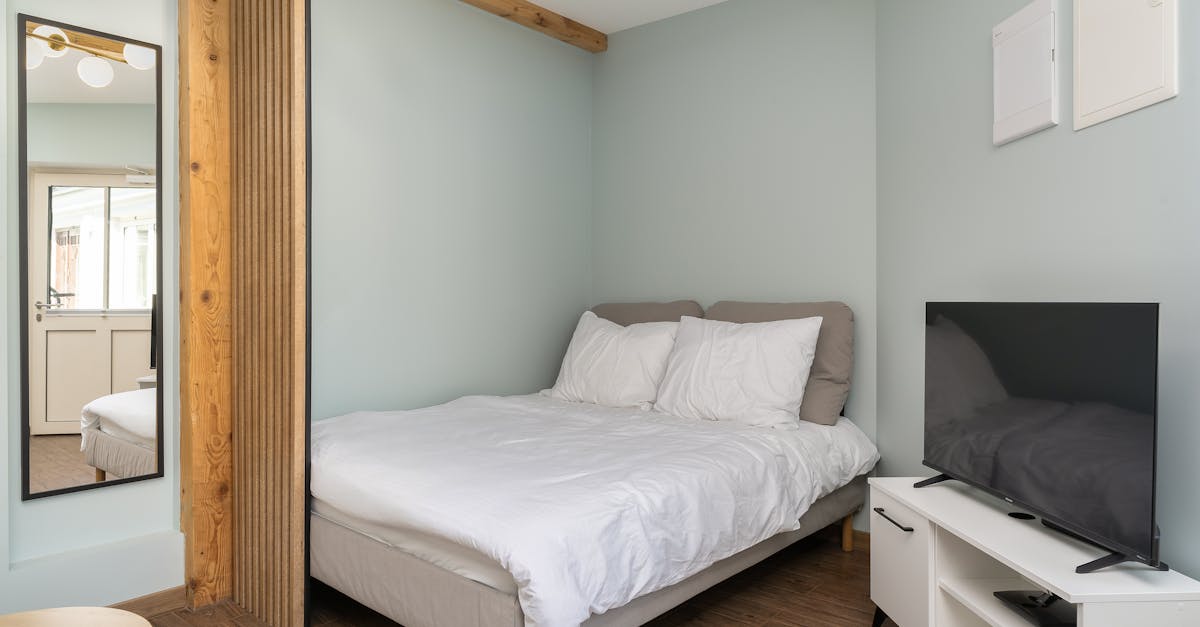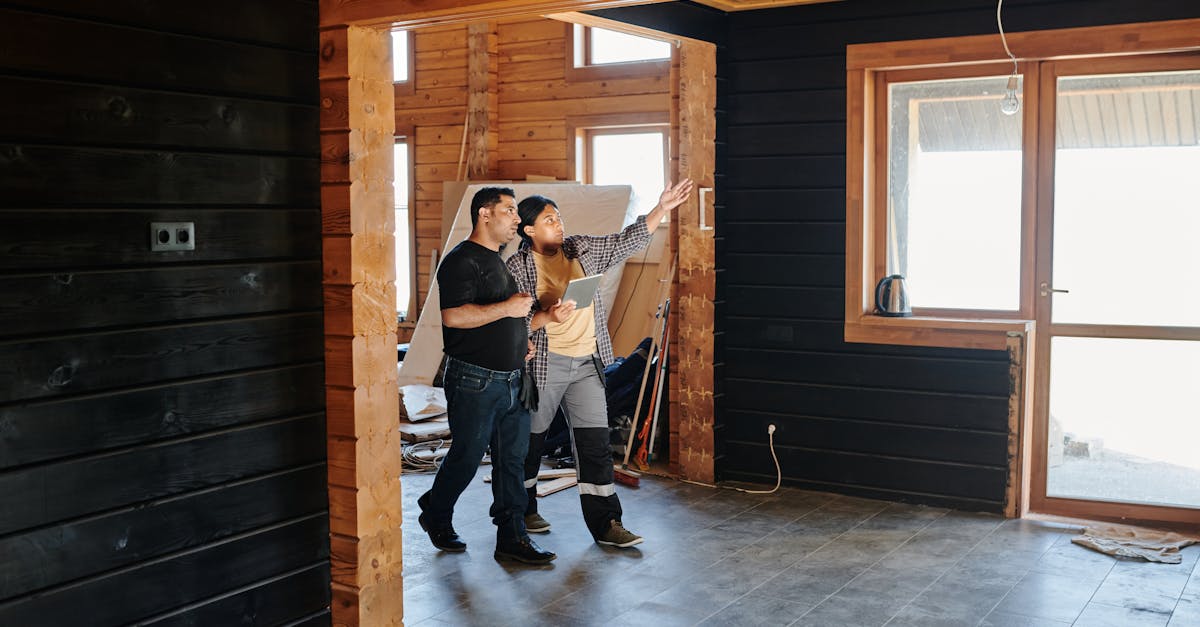Transforming Your Attic Into A Living Space
Introduction
Thinking about expanding your home without disturbing your garden or yard? An attic conversion could be a smart and rewarding option. Not only does it enhance your property's value, but it also offers an opportunity to create a unique living space tailored to your needs.
Advertisement
Assessing Structural Feasibility
Before diving into the conversion process, it's crucial to assess the structural feasibility of transforming your attic. Check the floor joists for strength as they must support the intended weight. Consulting a structural engineer is advisable to ensure compliance with building codes and safety standards.
Advertisement
Maximizing Space and Light
Attics often have limited space and natural light, so creativity is essential. Consider installing skylights or dormer windows to boost natural light and give an impression of increased space. Using light-reflective and neutral-colored paints can also give the area a more open and airy feel.
Advertisement
Efficient Insulation Solutions
Proper insulation is vital in making your attic comfortable year-round. Utilize high-quality insulation materials to maintain a balanced temperature throughout the seasons. Pay particular attention to roof slopes and vent structures to prevent heat loss and condensation-related issues.
Advertisement
Designing Functional Layouts
Crafting a functional layout is key to a successful attic transformation. Decide how you'd like to utilize the space—whether it's a cozy reading nook, an extra bedroom, or a home office. Tailor the design to your lifestyle while keeping essential utilities easily accessible.
Advertisement
Building Safe Staircases
Accessibility is an essential aspect of attic conversions. Building safe, code-compliant staircases ensures convenience and safety for all users. Depending on space availability, spiral staircases may provide a minimalist and stylish alternative to traditional designs.
Advertisement
Incorporating Storage Solutions
An attic conversion offers the perfect opportunity to maximize storage creatively. Use built-in shelving, cabinets, and pull-out drawers to make the most of awkward spaces. Utilize multi-functional furniture that can serve dual purposes without cramming the area.
Advertisement
Utilities and Electrical Considerations
Incorporating essential utilities like heating, cooling, and electrical systems is necessary for a functional living space. Work with professionals to reroute or extend plumbing and electrical installations. Consider energy-efficient solutions to minimize utility costs.
Advertisement
Choosing Interior Aesthetics
Your attic's interior should reflect the overall aesthetic of your home. Choose furnishings, décor, and textures in harmony with your existing style. Balance comfort and elegance by selecting durable materials that withstand the attic's unique conditions.
Advertisement
Conclusion
In conclusion, transforming your attic into a functional living space is a creative way to enhance your home's usability and value. Evaluate structural requirements, design layouts creatively, and choose finishes and furnishings that compliment your unique style. With the right planning and execution, your attic can become a cherished part of your home.
Advertisement


